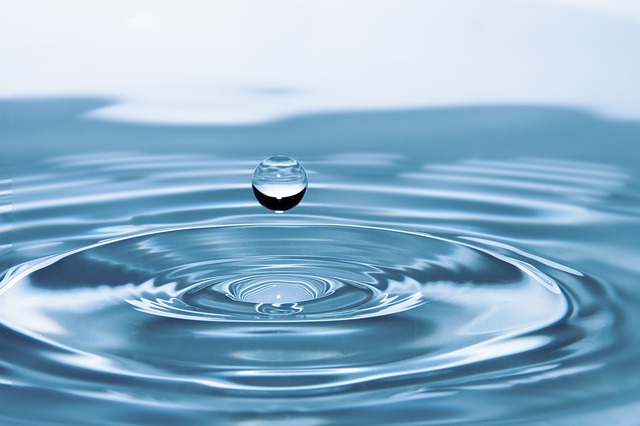
If you’ve done any research into owning a pet chinchilla you’ve probably read and come across information stating that a chinchilla must never get wet.
Whilst this is true you probably want to know the reasons why your fluffy friend can’t get wet.
The short answer is; their fur is very dense and takes a long time to dry out and this can also cause fungal infections and issues with the regulation of their body temperature which is very important for chinchillas.
Below we will debunk some of the myths and give you a more in depth answer to this commonly asked question, so read on!
First, let’s have a little look into the history of chinchillas and where they come from and this will help us understand why you shouldn’t let your chinchilla get wet.
Natural Habitat
Chinchillas originate from the Andes Mountains in South America, they live at altitude where it’s cool but dry. This means they aren’t exposed to water much and on the rare occasions when it does rain they have plenty of places to hide or shelter. They would normally shelter in small mountain bushes.
The mountainous regions of the Andes are dry and dusty which is the perfect environment for chinchillas.
Dust Baths
If a chinchilla doesn’t bathe in water you’re probably wondering how they keep clean? Well, they take dust baths. This involves rolling around in dust several times per week, this keeps a chinchillas fur in good condition and fungal free.
The video below demonstrates a chinchilla taking a dust bath.
Why Can’t Chinchillas Get Wet?
Ok, so let’s look a bit more deeply why a chinchilla can’t get wet.
Fungal Infections
Chinchillas have some of the thickest fur amongst any animal on the planet, their coat is very dense and thick which makes for the ideal breeding ground for fungus if their fur gets wet.
If you were to bath your chinchilla in water then there would be a high likelihood they would develop a skin condition or fungus as a result. Chinchillas are like oil and water, they just don’t mix.
Body Temperature
Chinchillas are extremely sensitive to the temperature that they live in. In some instances, if you keep your chinchilla in a very warm room (above 75f) then this can become a danger for your chinchilla as they have a tendency to overheat.
At the other end of the spectrum a chinchilla shouldn’t be kept in very cold conditions either, if your chinchilla’s fur is still wet then they could have trouble regulating their body temperature which could cause issues. For this reason, it’s advised that you don’t wet your chinchilla.
What Should I do if I wet my Chinchilla?
Ok, so now we understand that a chinchilla shouldn’t get wet but what if your chinchilla gets wet by accident?
Firstly, don’t panic! There is absolutely no need to rush out to the vets. If your chinchilla gets a splash of water on them then you can deal with this at home (despite what you may have heard before).
What you will need to do is to take a cloth and dry off any excess water, this should get rid of most of the water. The next step is to blow dry the towel to warm it up slightly then you can dab your chinchilla with this slightly warm towel to dry the rest of the water off.
Important: Do not take a hair dryer to your chinchilla because it will more than likely overheat your chinchilla which as we’ve discussed isn’t a good thing!
Keep repeating the above steps until their fur feels dry.
If your chinchilla experiences any side effects after coming into contact with water it’s important to take them to the vets ASAP.
Final Thoughts
Sometimes the unexpected can happen with pets and chinchillas are no different, water dispensers can leak, plumbing can go wrong in your house causing a leak. There are many reasons why you chinchilla could get wet but it’s important not to intentionally wet them and this must be avoided at all costs.
If you’re looking into buying a chinchilla I highly recommend you do your research first as this breed of rodent does require some extra attention. I recently wrote a post that you might find helpful 5 Things to Consider Before Buying a Chinchilla.
